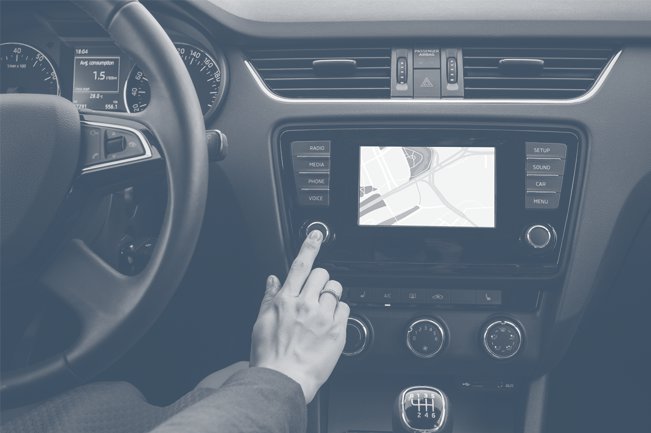General Motors says it owns part of your car, but you just license it
Remember that car you spent thousands of dollars on? General Motors says you don’t own parts of it. They are pretty crucial parts too.
During a hearing conducted by the US Copyright Office, a GM attorney said that the company believes that software that controls vehicle functions actually belongs to them. The company says that the software is merely licensed by the owner of the vehicle. The hearing was in regards to whether the US Copyright Office will grant exemptions in copyright laws to allow independent mechanics to fix and repair cars with certain software.
GM has a strong position with safety as its big push. Cars are run using electronic control units (ECUs), which control steering, acceleration, braking and safety features. There are about 30 ECUs in each GM model. If independent mechanics start making changes or trying to fix the software without the knowledge behind them, they could disable key safety features or the ability for the car to run properly.
Customers already sign licensing agreements for some functions such as OnStar and infotainment packages, but to have dozens of licensing agreements to cover each control unit may be too much. Customers have more rights currently than GM (licensee) under the current laws, and can modify software without infringing on copyright protections. GM is trying to change that now, and as a response many groups are already forming to fight for individuals’ right to repair cars.
The scary thing is, mechanics could potentially make any changes they want. You could buy a used car, but not have any idea on what changes to the software were made. Technology has greatly advanced and people are hacking and jailbreaking into phones, computer and more. It is only a matter of time before that starts to happen to vehicles.
Some of the downsides to this copyright issue are that automakers will only let consumers go to approved dealerships which may not be cost efficient for some families. It also cuts out the ability for independent mechanics to innovate and undercuts their rights.
Source: Autoblog, The Consumerist
